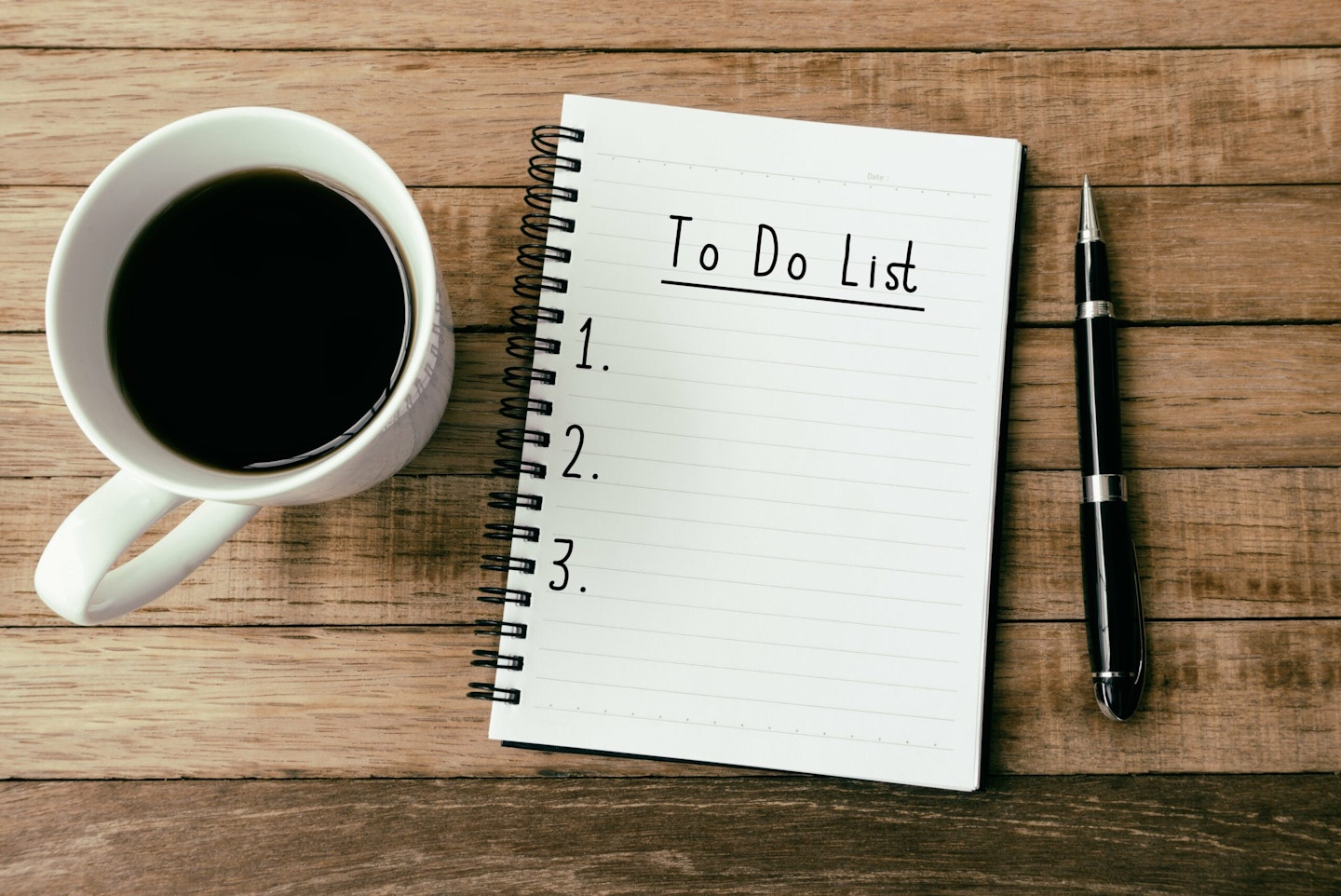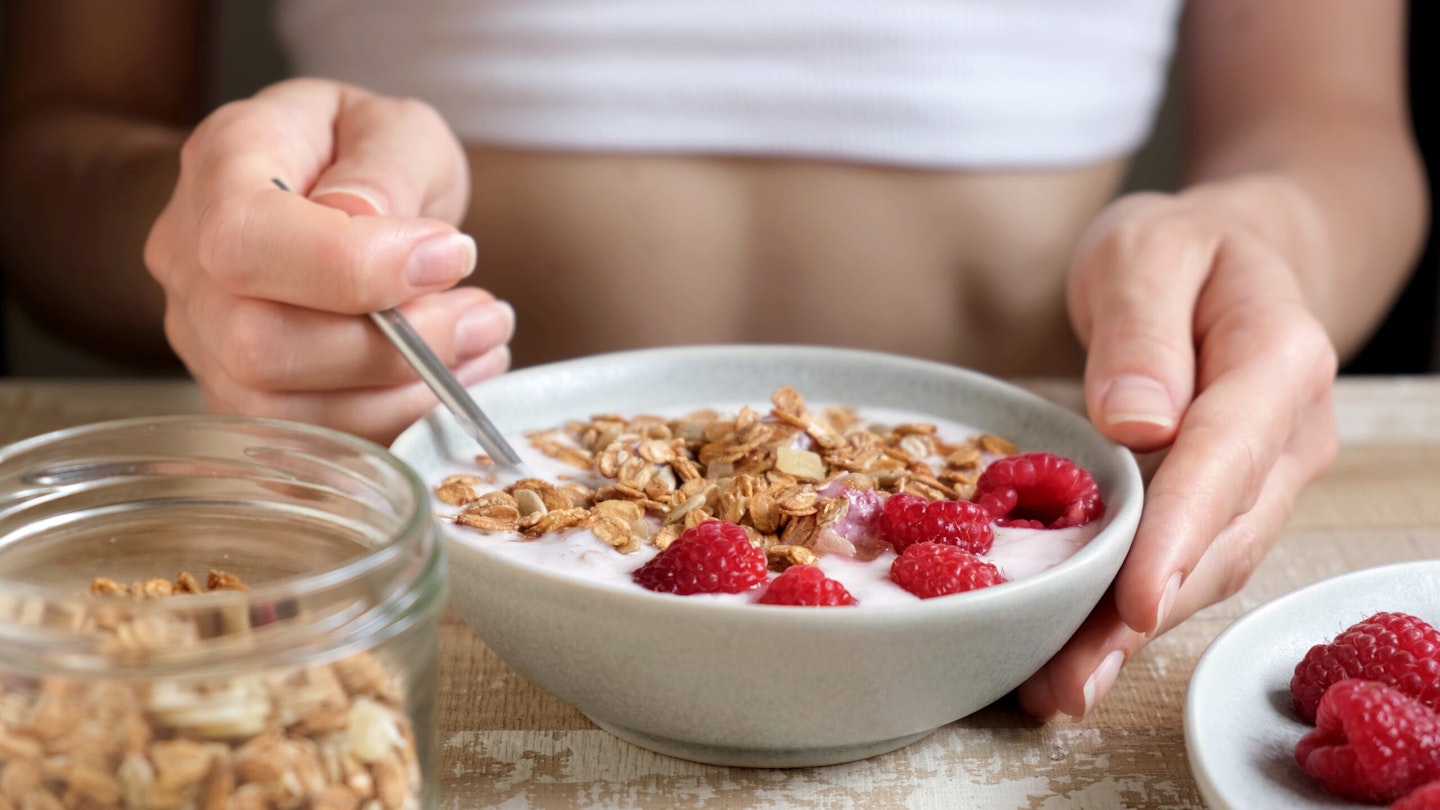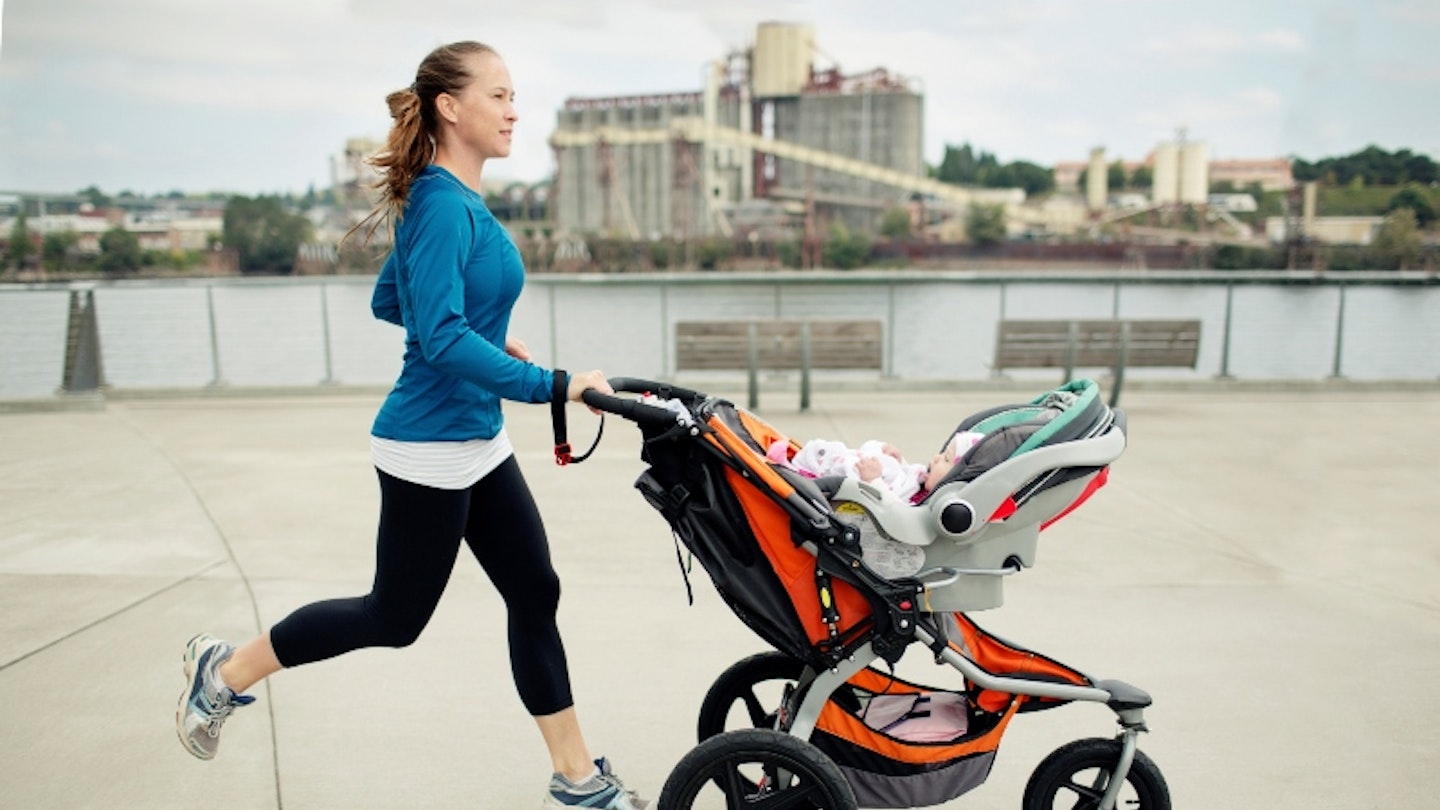Losing baby weight after pregnancy can be tough when you’ve got a beautiful newborn to take care of; you’re still recovering from childbirth and have barely slept — how on earth are you ever supposed to find the time?
While you’re probably keen to jump straight into how you can lose baby weight, we just want to point out that no mums (or any person) should feel pressure or obligation to lose weight. Your body has just gone through something incredible and you should be immensely proud of yourself and weight gain during pregnancy is completely normal. Even celebrities, like the likes of Kim Kardashian, have opened up about the struggles of losing weight post-pregnancy. That being said, it's your body and if you do want to lose a few pounds then no-one should judge you for this.
While it may be tempting to start dieting it’s important that you lose weight sensibly and healthily, as your body needs to recover from childbirth, not to mention you’ve got a new baby to take care of so you need to feel good in yourself. We share 9 tips to help you achieve a healthy postpartum weight.
1. Set realistic goals

It’s really important that you don’t set unattainable goals for yourself post pregnancy. Sometimes putting too much pressure on yourself to lose weight can actually have the opposite effect, as you can find yourself steering more towards quick fixes, which, long term, won't give you results. Be honest and realistic with yourself as to how long you think your weight loss journey may take and then go from there. You'll find you hit your goals sooner this way.
2. Avoid crash diets
It’s important that you’re eating good nutritious food in order to help your body heal and recover post-birth. A low calorie diet may help you shed a few pounds quickly, but it will lack important nutrients, so you’ll be left feeling very low in energy. Not to mention they’re not healthy and unsustainable long term.
If you want to reduce the amount of calories you’re consuming per day to encourage slow and steady weight loss, speak to your GP who will be able to advise a safe amount to do this by. By eating in a small calorie deficit you will begin to lose weight. You may find that tracking your calories using a free app, like MyFitnessPal, could help you keep on top of this. It may be slow and steady, but the most important thing is it's healthy and sustainable.
3. Get moving
If your birth was straight forward the NHS says you can start doing some gentle exercises as soon as you feel up to it. Walking is great for losing baby weight, pelvic floor exercises and gentle tummy exercises. "Pram walking is one of the best exercises there is, so get out for a walk every day if you can," says Lee Mullin, a trainer from Bodyism. Jogging, cycling and running are also great cardio exercises to help you burn extra calories and improve your overall fitness, but it’s best to start these after your six-week postnatal check.
Remember to listen to your body though, if at any point you feel tired or not up to it that’s ok. Recovery is top of your priority list, so don’t push it.
4. Eat protein-rich foods

A high protein diet can help you feel fuller, increase your metabolism and reduce the hunger hormone, ghrelin. It will also help keep your body strong throughout recovery. Opt for lean meats, like chicken and turkey; fish, eggs, milk, nuts, seeds, soya, beans and pulses, so that you feel fuller for longer and are less likely to reach for sugary snacks, which won't benefit your health or body at all.
5. Go swimming
Swimming is not only a great all-round exercise that helps you stay fit and healthy, but it’s relaxing too. You can also take your baby swimming with you too as it's great for helping their little muscles and joints. Doing it regularly can even prevent chronic illnesses, like type 2 diabetes, stroke and heart disease. It’s recommended to wait seven days after your postnatal bleeding has stopped before you hop in the pool.
6. Keep healthy snacks on hand
As a new mum, you’re bound to be busy and sometimes you may even find yourself forgetting to eat meals or may just feel peckish at times. Reaching for sugary snacks, fizzy drinks, biscuits or ordering a takeaway can be tempting when hunger pangs arise. These items may give you a quick boost of energy, but it won't last or contain any beneficial nutrients. Keep your cupboard stocked with some healthy snacks, such as low-fat yoghurt, chopped veggies (carrots, cucumber, peppers), popcorn and bars made from whole fruits and nuts. We've rounded up some healthy snack ideas for busy mums.
7. Drink plenty of water

Staying hydrated is super important anyway for our overall health and can help us to feel fuller. Dehydration can also lead us to feel more hungry. "Mild dehydration is often masked as feelings of hunger, when really your body just needs fluids," says Alissa Rumsey, RD, spokesperson for the American Academy of Nutrition and Dietetics. If you feel hungry try drinking a glass of water first and waiting 20 minutes to see if your hunger subsides and always aim to drink six to eight glasses of fluid a day.
8. Get enough sleep (as and when you can)
Believe it or not, but not getting enough shut-eye at night can affect weight loss. Not only does a lack of sleep mean less energy for exercise, but the sleep improvement programme Sleepstation says that one night's bad sleep can lead you to eat between 400 and 1,000 calories more the next day. This is because it disrupts two important hormones, leptin (the appetite-reducing hormone) and ghrelin (the hunger hormone). When we don’t get enough sleep our leptin levels remain low — leading our brains to believe we need more energy, i.e. food — and our ghrelin levels remain high — leading us to crave calories, even though we don’t need them as we should be sleeping.
This can be difficult with a new baby but try going for a warm bath or shower before bed, reading, switching off your phone an hour before sleep, doing some mindfulness and cutting out alcohol are all ways that can help you sleep better as a parent.
9. Join a postnatal class
These are specifically designed for new mums so they’re safe and gentle for your body and range from yoga to pilates, lightweight aerobic workouts, aqua aerobics and even gentle weight training.
You can search for local postnatal classes in your area or there are plenty of effective online classes you can get involved in. CariFit offers unique baby-wearing workouts for new mums with babies aged six to 18 months and also posts free videos on their YouTube channel.
Find out how one of our mums got on at their first postnatal class or give one of our new mum fitness videos a go, which you can do with your baby.
And remember don’t be hard on yourself
We mean it! Losing baby weight takes time, patience and everyone’s journey is different, so don’t compare your journey to anyone else's and most importantly, always listen to your body.
Is losing baby weight hard?
Trying to lose any sort of bodyweight is tough, even more so after you’ve just given birth. Mitzi Dulan, R.D., author of The Pinterest Diet says it can take women anywhere between three months to a year to lose the extra pounds. However, everyone is different and the last thing you should be doing is comparing your journey to someone else's. Be patient with yourself and just remember this may take time but it isn’t impossible.
